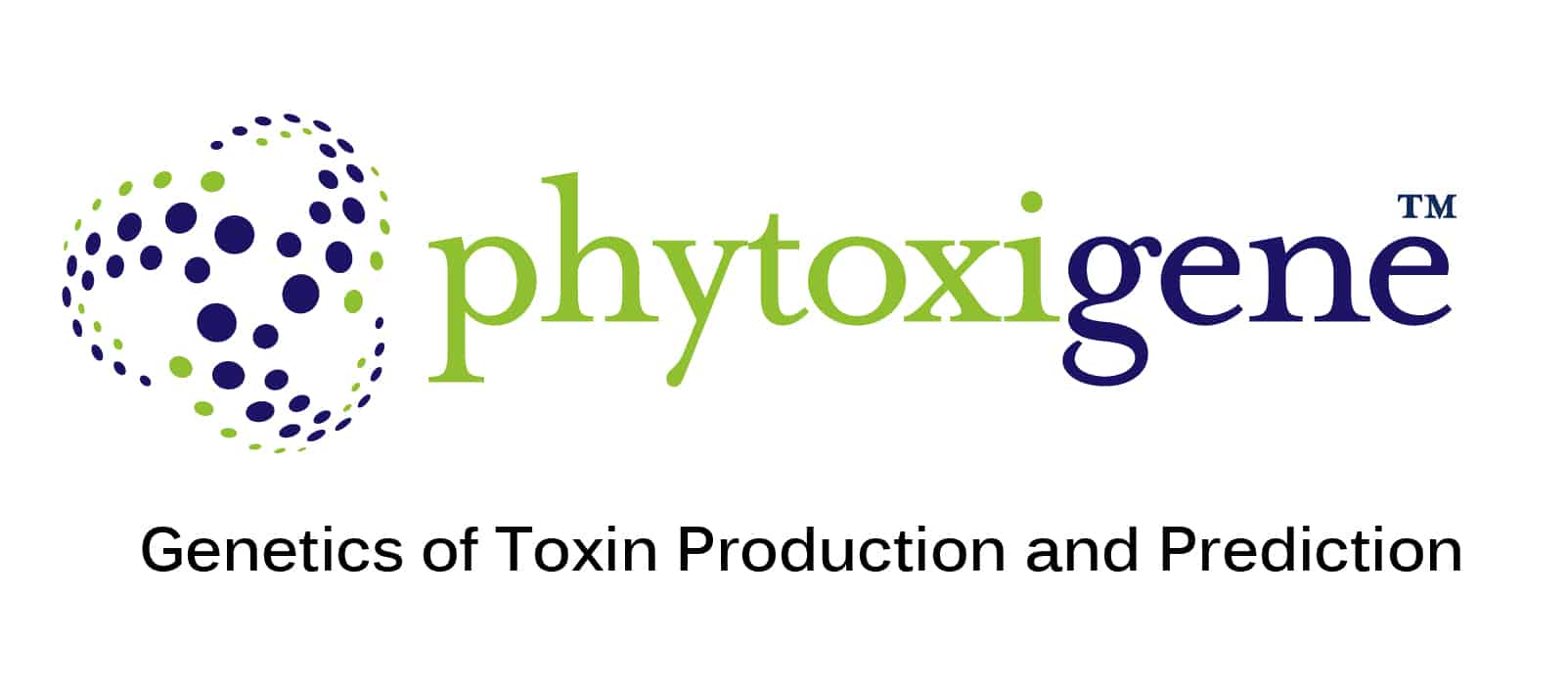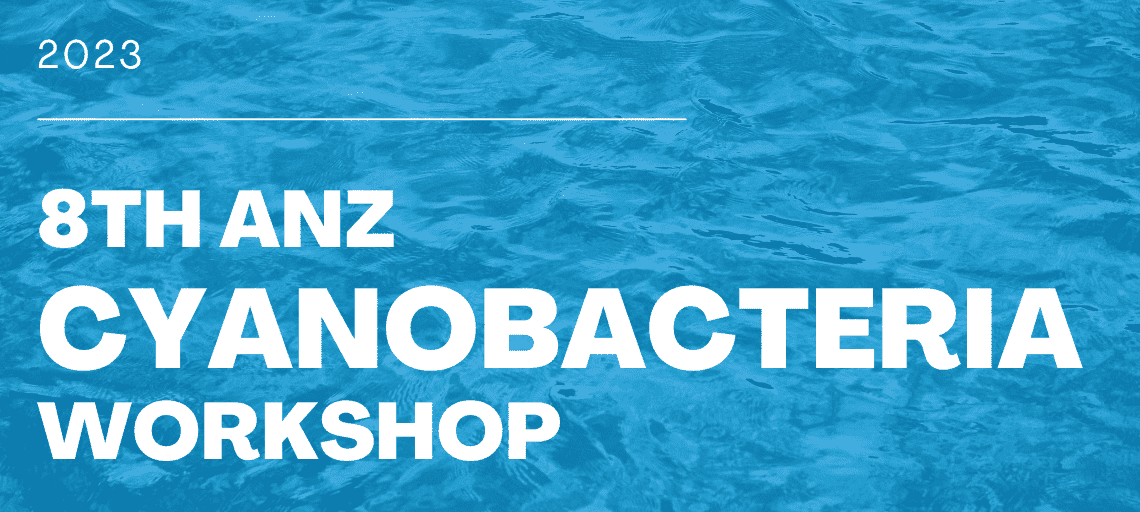The 8th ANZ Cyanobacteria Workshop was held at Monash University from Tuesday 26th to Wednesday 27th September 2023.
The 8th Australian and New Zealand Cyanobacteria Workshop, hosted by WaterRA, was held at Monash University from Tuesday 26th to Wednesday 27th September 2023, followed by an AquaWatch End Users Consultation Workshop on Thursday 28th September.
Australian water sources, both natural and man-made, are regularly afflicted by cyanobacteria (blue-green algal) blooms, with the first known official report dating back to the 1800s.
Over the last two centuries, Australia has developed a vastly experienced and knowledgeable community of water supply managers, health officials, ecologists, modellers, toxicologists and other researchers in cyanobacterial identification and management.
In 2009 following particularly severe algal blooms along 1,000 kms of the Murray River, the First National Cyanobacteria Workshop was held in Parramatta, New South Wales.
Since the first iteration, the workshop has expanded to include New Zealand as well as Australia and has become an integral event on the global water calendar. The Australia and New Zealand Cyanobacteria Workshop is now held every second year providing a much-needed platform for researchers and managers in the health and water sectors; allowing them to meet, discuss current knowledge and share new findings and combine their expertise for national benefit.
The 2023 Workshop was a two-day in-person event hosted by the Department of Civil Engineering at Monash University with 30 presentations and 100 participants showcasing new research advancements and their potential applications to ensure the ongoing health of ecosystems and communities.
2023 Organising Committee
Nick Crosbie | Melbourne Water (Co-chair)
Arash Zamyadi | Monash University (Co-chair)
Suzie Sarkis | Department of Health, Victoria
Jennifer O’Connor | Department of Health, Victoria
Heather Lacey | Sydney Water
Vincent Bianchini | Water Research Australia
Linda Blackall | The University of Melbourne
Anusuya Willis | CSIRO
Susie Wood | Cawthron Institute
Michele Burford | Griffith University
Rita Henderson | UNSW
Anas Ghadouani | University of Western Australia
Tapas Biswas | CSIRO
Cami Plum | Monash University
Jessica Burgess | Water Research Australia
Presentations
KEYNOTE PRESENTATIONS
The legacy of our cyanobacteria research | Michele Burford, Professor – Australian Rivers Institute, GRIFFITH UNIVERSITY
One Health and the future of cyanobacteria management | Rebekah Henry, Pathogen & Genomics Project Lead | MONASH UNIVERSITY
CHARACTERISATION & RISK
Glenn McGregor, Principal Scientist | QUEENSLAND DEPARTMENT OF ENVIRONMENT AND SCIENCE
Anusuya Willis, Senior Research Scientist | AUSTRALIAN NATIONAL ALGAE CULTURE COLLECTION, CSIRO
Bharat Manna | UNIVERSITY OF AUCKLAND
Cyanotoxin uptake by food crops – what’s the risk?
Peter Hobson, Senior Scientist | SA WATER
Rapid characterisation and quantification of toxin producing cyanobacteria in limnic systems
Luke Zappia, Principal Engineering Water | WATER CORPORATION
DETECTION, IDENTIFICATION & REMOTE SENSING
Mark Van Asten, Managing Director | DIAGNOSTIC TECHNOLOGY PTY LTD / UNIVERSITY OF NSW
Individual-based modelling of cyanobacterial blooms
Mohammad Hassan Ranjbar, Research Fellow | AUSTRALIAN RIVERS INSTITUTE, GRIFFITH UNIVERSITY
Developing a sentinel script and framework to manage algae risk
Tracy Fulford, Regional Water Quality Advisor | WATERNSW
A mobile app for monitoring and forecasting cyanobacterial blooms
Mark Matthews, Founder & CEO | CYANOLAKES
SOURCE MANAGEMENT
Journey to the source of odour; dealing with extreme algal challenges
Florence Choo, Scientist | SA WATER
Micronutrient addition reduces macronutrients and cyanobacteria in raw water storage
Simon Tannock, Director | ALGAENVIRO PTY LTD
Validation of Mt Bold Aerator and downstream cyanobacterial benefits
Robert Daly, Senior Scientist | SA WATER
TREATMENT
SolarCyanoSlayer – An eco-friendly preventor of cyanobacteria blooms
AWA Stockholm Junior Water Prize winner 2023 Mikayla Rodger | MERIDEN SCHOOL NSW
Biological activated carbon for removal of taste and odour compounds
Rafael de Medeiros Paulino, Phd Candidate | UNSW SYDNEY
Application of algaecide to a BGA bloom in a drinking water storage
Phil Choi, Senior Environmental Health Scientist – Water | QUEENSLAND HEALTH
WILDCARD: Novel diagnostic tools
Aaron Jex, Lab Head | WALTER & ELIZA HALL INSTITUTE
MANAGEMENT STRATEGIES
Unexpected effects of nutrient starvation on Chrysosporum ovalisporum toxins
Michele Burford, Professor – Australian Rivers Institute | GRIFFITH UNIVERSITY
How can we more effectively predict and monitor algal toxins in the environment and in seafood?
Isabella Gore, Health Protection Officer | DEPARTMENT OF HEALTH VICTORIA
Cyanobacterial bloom management: Technology performance & optimisation assessments
Arash Zamyadi, Senior Lecturer | MONASH UNIVERSITY
Monitoring and Treatment of Cyanobacteria & Algae by Hunter Water
Vikas Shah, Treatment Engineer | HUNTER WATER
Relevance of the AquaWatch mission for cyanobacteria management
Tapas Biswas, Senior Research Scientist | CSIRO
EARLY CAREER RESEARCHERS 3-MINUTE PITCHES
Remote sensing of temperature and cyanobacteria in the natural water column
Carolyn Taylor, Postdoctoral Research Fellow | MACQUARIE UNIVERSITY
A multi-‘omics approach to cyanobloom profiling
Daniel Nebauer, PhD Candidate | UNIVERSITY OF NEWCASTLE
Cold-plasma activated bubbles for the elimination of cyanobacteria in water treatment
Angelina, PhD Candidate | UNSW
Thanusshan Packiyarajah, Higher Degree by Research Student | UNIVERSITY OF SOUTH AUSTRALIA
Isis Londono, Masters Student | AUSTRALIAN NATIONAL ALGAE CULTURE COLLECTION, CSIRO
High-level global assessment of integrated cyanobacterial management strategies
John Verhoeven, PhD Candidate | UNSW
Thank you to our event sponsors






